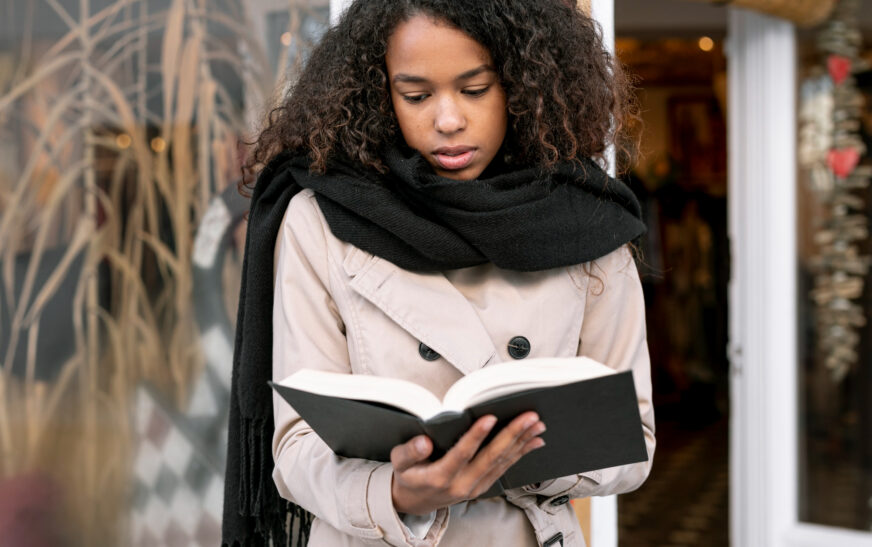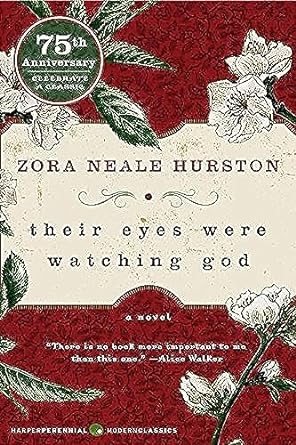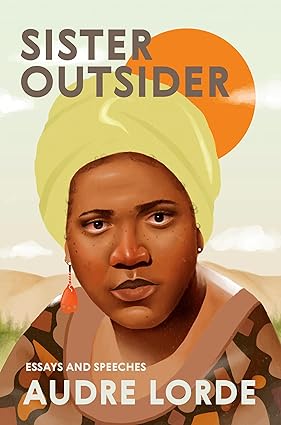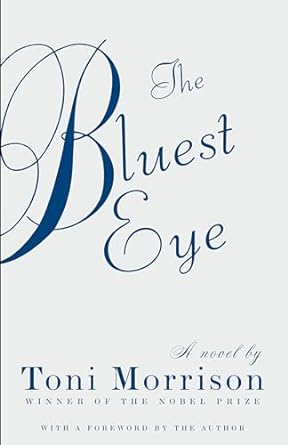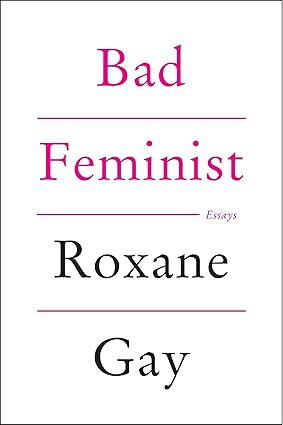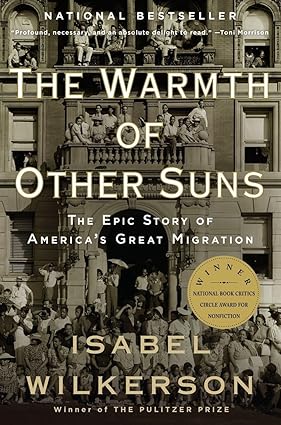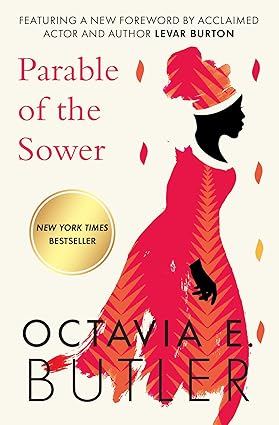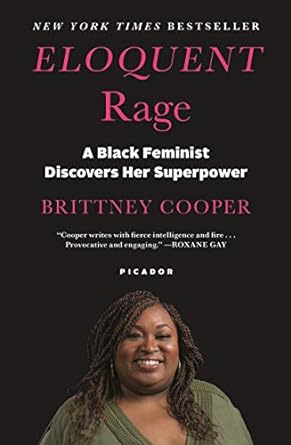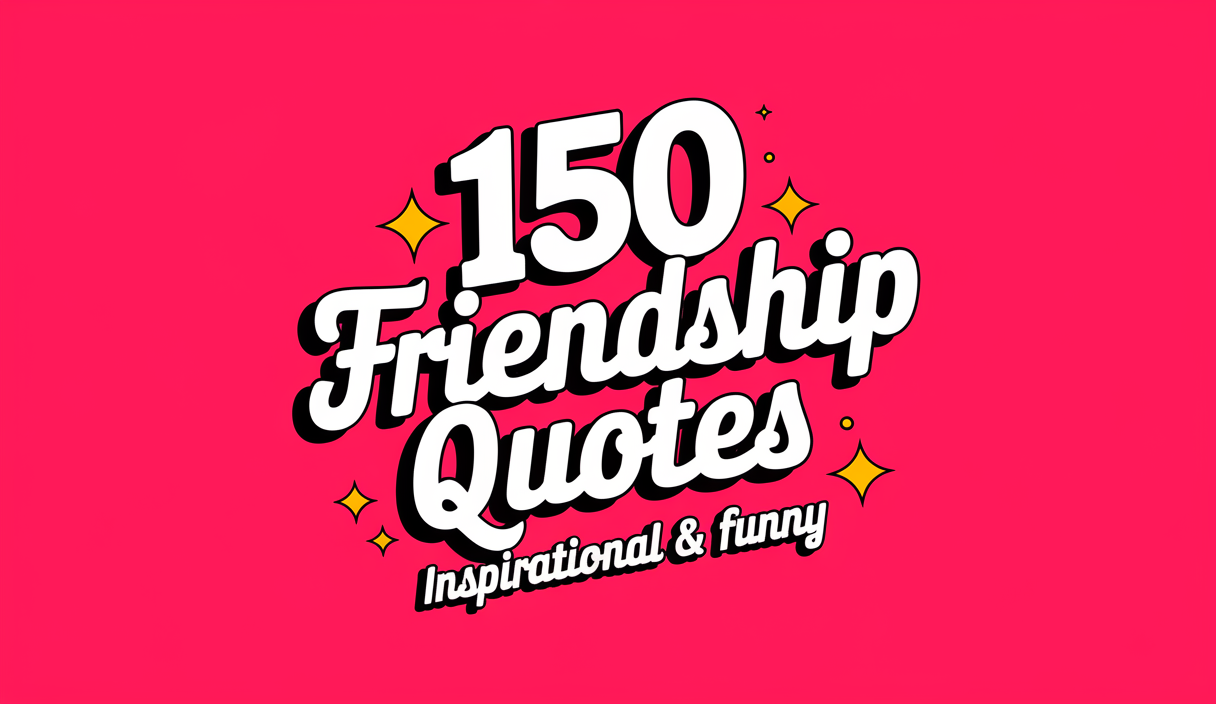When it comes to books that really matter for Black women, these 15 stand out. They cover a lot of ground, from old-school novels to stuff written just a few years ago. Each one gives you something different to think about when it comes to being a Black woman. Some of these books talk about history, others are all about figuring out who you are, and some just tell really good stories. If you’re trying to understand more about Black feminism, learn about the past, or just want to read something that’ll stick with you, these books are worth checking out. Let’s get into why these particular books have become such a big deal and what they offer to Black women reading them today.
1.Their Eyes Were Watching God by Zora Neale Hurston
Zora Neale Hurston’s book is a big deal in African American literature. It came out in 1937 and follows the life of Janie Crawford, a Black woman in the South. Hurston writes in a way that makes you feel like you’re right there in Florida, listening to the characters talk. The book gets into stuff like love, being independent, and figuring out who you are, all from the point of view of a Black woman in the early 1900s. A lot of people find that they can relate to the story, even now. It really shows you how complicated relationships can be and what it’s like to try and find your place in the world.
2.Beloved by Toni Morrison
Toni Morrison’s “Beloved” is a heavy book that deals with the effects of slavery. It’s set after the Civil War and is about Sethe, a former slave who’s haunted by her past. Morrison doesn’t sugarcoat anything – she writes about tough stuff in a way that makes you really think. The book gets into things like being a mother, dealing with trauma, and how slavery affected people long after it ended. It’s not an easy read, but it gives you a lot to think about when it comes to Black history in America.
3.I Know Why the Caged Bird Sings by Maya Angelou
This is Maya Angelou telling her own story about growing up. She talks about dealing with racism, some really tough personal experiences, and how she found her way in life. Angelou writes in a way that’s easy to understand but still really powerful. She covers everything from what it was like to grow up in the South during Jim Crow to how she became the woman she was. A lot of young Black women find this book helpful when they’re trying to figure out their own lives.
4.The Color Purple by Alice Walker

Alice Walker’s Pulitzer Prize-winning novel is a tale of resilience and sisterhood. Set in rural Georgia, the story follows Celie, a young Black woman who overcomes tremendous adversity. Walker’s use of epistolary format brings an intimate feel to the narrative, allowing readers to connect deeply with Celie’s struggles and triumphs. The book tackles tough subjects like domestic abuse and racial oppression, but also celebrates the strength of female bonds and personal growth. It’s a testament to the power of love and self-belief in the face of seemingly insurmountable odds.
5.Sister Outsider by Audre Lorde
Audre Lorde’s collection of essays and speeches is a foundational text in Black feminist thought. Lorde, who described herself as a “Black, lesbian, mother, warrior, poet,” offers incisive commentary on issues of race, gender, and sexuality. Her writing is both personal and political, challenging readers to think critically about intersectionality and social justice. From discussions on the uses of anger to explorations of the erotic as power, Lorde’s work remains relevant and thought-provoking. This book is essential for anyone looking to deepen their understanding of Black feminism and social activism.
6.Americanah by Chimamanda Ngozi Adichie
Chimamanda Ngozi Adichie’s “Americanah” offers a fresh perspective on race and identity in the 21st century. The novel follows Ifemelu, a young Nigerian woman who immigrates to the United States for college. Adichie’s sharp observations about race in America, as seen through the eyes of a “Non-American Black,” are both insightful and often humorous. The book explores themes of love, hair politics, and the immigrant experience, all while providing a nuanced look at what it means to be Black in different cultural contexts. It’s a modern classic that speaks to the complexities of identity in an increasingly globalized world.
7.The Bluest Eye by Toni Morrison
Toni Morrison’s debut novel is a powerful exploration of internalized racism and beauty standards. Set in 1940s Ohio, the story centers on Pecola Breedlove, a young Black girl who wishes for blue eyes. Morrison’s unflinching portrayal of Pecola’s experiences is heartbreaking yet necessary, forcing readers to confront the devastating effects of racial self-loathing. The novel’s poetic language and complex narrative structure make it a challenging but rewarding read. It’s a crucial work for understanding the psychological impact of racism on Black women and girls.
8.Assata: An Autobiography by Assata Shakur
Assata Shakur’s autobiography offers a firsthand account of the Black Power movement and the struggles for racial justice in America. Shakur, a former member of the Black Panther Party and the Black Liberation Army, recounts her life story, including her conviction (which she maintains was unjust) and eventual escape to Cuba. The book provides a gripping narrative of political activism and personal resilience. Shakur’s experiences shed light on the radical movements of the 1960s and 70s, offering valuable context for understanding contemporary social justice efforts.
9.Kindred by Octavia E. Butler
Octavia Butler’s “Kindred” is a groundbreaking work that blends science fiction with historical fiction. The novel follows Dana, a modern Black woman who is mysteriously transported back in time to a plantation in the antebellum South. Butler’s vivid storytelling brings the horrors of slavery to life, forcing both Dana and the reader to confront the brutal realities of America’s past. The book explores themes of power, survival, and the complex relationships between enslaved people and slave owners. It’s a thought-provoking read that challenges our understanding of history and racial identity.
10.For Colored Girls Who Have Considered Suicide/When the Rainbow Is Enuf” by Ntozake Shange
Ntozake Shange’s choreopoem is a unique and powerful exploration of Black womanhood. Composed of a series of poetic monologues, the work gives voice to the experiences of seven women, addressing issues like love, abuse, abortion, and self-discovery. Shange’s innovative use of language and form creates a deeply emotional and visceral reading experience. Originally performed on stage, the work translates beautifully to the page, offering intimate insights into the joys and struggles of Black women. It’s a celebration of resilience and sisterhood that continues to resonate with readers decades after its initial publication.
11.Bad Feminist by Roxane Gay
Roxane Gay’s collection of essaysoffers a refreshing take on modern feminism. With humor and candor, Gay explores a wide range of topics, from pop culture to politics, all through the lens of her experiences as a Black woman. Her willingness to embrace contradictions and acknowledge her own imperfections makes the book both relatable and thought-provoking. Gay’s essays challenge readers to think critically about feminism and intersectionality, while also celebrating the complexities of human experience. It’s a must-read for anyone interested in contemporary feminist thought and cultural criticism.
12.Homegoing by Yaa Gyasi
This book covers a lot of ground – it starts in Ghana and follows the families of two half-sisters over several generations. One sister is sold into slavery, the other marries a British slave trader. Each chapter is about a different descendant, showing how slavery and colonialism affected people over time. It’s a big, ambitious book that helps you see the connections between the past and present.
13.The Warmth of Other Suns by Isabel Wilkerson
Isabel Wilkerson’s non-fiction work is a masterful account of the Great Migration, when millions of Black Americans moved from the South to northern and western cities. Through the stories of three individuals, Wilkerson brings this crucial period of history to life. Her meticulous research and engaging narrative style make complex historical events accessible and deeply personal. The book offers essential context for understanding contemporary racial dynamics in America, shedding light on how patterns of migration and discrimination have shaped Black communities. It’s a crucial read for anyone seeking to understand the historical roots of current social issues.
14.Parable of the Sower by Octavia E. Butler
Octavia Butler’s dystopian novel offers a chilling vision of a future America ravaged by climate change and social collapse. The story follows Lauren Olamina, a young Black woman with a unique ability to feel others’ pain, as she navigates a dangerous world and develops a new belief system. Butler’s prescient writing addresses issues like wealth inequality, corporate power, and environmental destruction that feel increasingly relevant today. The book is both a warning about potential futures and an exploration of hope and community in the face of adversity. It’s a thought-provoking readthat challenges readers to consider their own roles in shaping the future.
15.Eloquent Rage: A Black Feminist Discovers Her Superpower by Brittney Cooper
Brittney Cooper’s book is part memoir, part feminist theory. She writes about her own experiences as a Black woman and connects them to bigger issues in society. Cooper talks about using anger in a productive way to make change. She covers everything from friendship to politics, and she does it in a way that’s smart but also easy to relate to. It’s a good book for Black women looking to understand their experiences in a broader context.
Black Women’s Literature: A Legacy of Insight and Empowerment
These 15 books offer a powerful look into Black women’s experiences. They cover important themes like identity, racism, and personal growth, providing both mirrors for self-reflection and windows into different lives.
For Black women, these books can be particularly meaningful, offering guidance and inspiration. For all readers, they provide essential perspectives that broaden understanding and foster empathy.
From classic novels to modern essays, this collection represents a rich literary tradition that continues to inform, challenge, and inspire. By reading these works, we engage with important voices and contribute to a more inclusive literary landscape.

